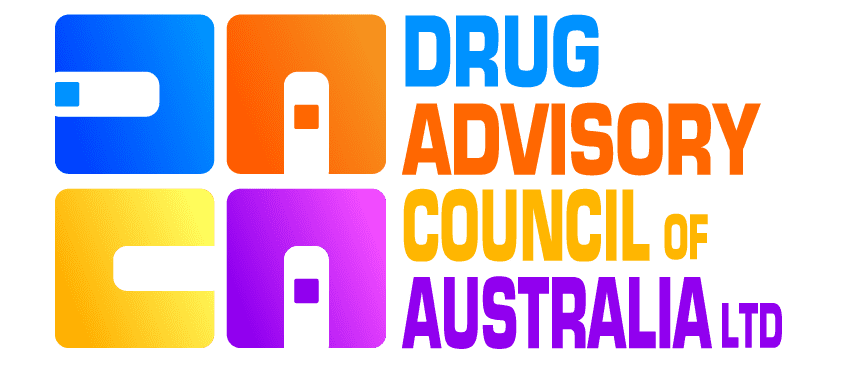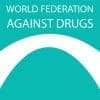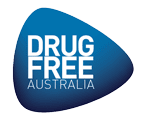Austin B. Frakt, Ph.D., and Nicholas Bagley, J.D.
N Engl J Med 2015; 372:1879-1881 May 14, 2015 DOI: 10.1056/NEJMp1501362
What if it were impossible to closely study a disease affecting 1 in 11 Americans over 11 years of age — a disease that’s associated with more than 60,000 deaths in the United States each year, that tears families apart, and that costs society hundreds of billions of dollars?1 What if the affected population included vulnerable and underserved patients and those more likely than most Americans to have costly and deadly communicable diseases, including HIV–AIDS? What if we could not thoroughly evaluate policies designed to reduce costs or improve care for such patients?
These questions are not rhetorical. In an unannounced break with long-standing practice, the Centers for Medicare and Medicaid Services (CMS) began in late 2013 to withhold from research data sets any Medicare or Medicaid claim with a substance-use–disorder diagnosis or related procedure code. This move — the result of privacy-protection concerns — affects about 4.5% of inpatient Medicare claims and about 8% of inpatient Medicaid claims from key research files impeding a wide range of research evaluating policies and practices intended to improve care for patients with substance-use disorders.
The timing could not be worse. Just as states and federal agencies are implementing policies to address epidemic opioid abuse and coincident with the arrival of new and costly drugs for hepatitis C — a disease that disproportionately affects drug users — we are flying blind…. For full article go to http://www.nejm.org/doi/full/10.1056/NEJMp1501362




